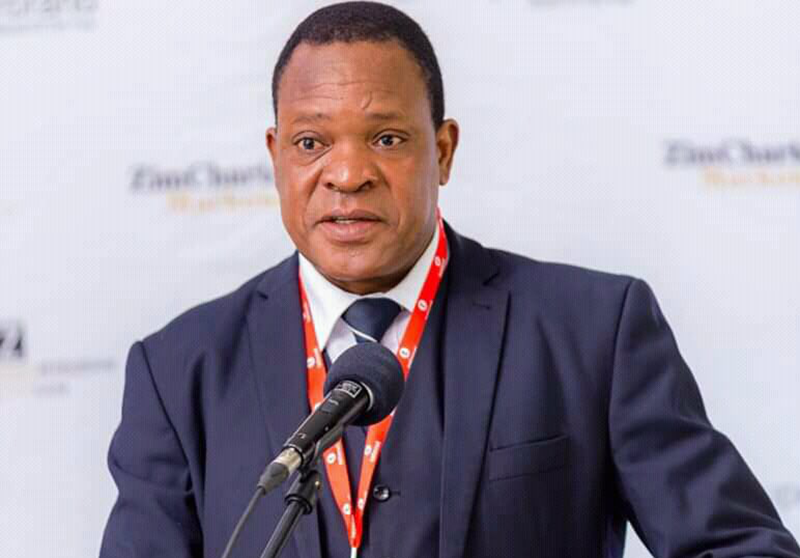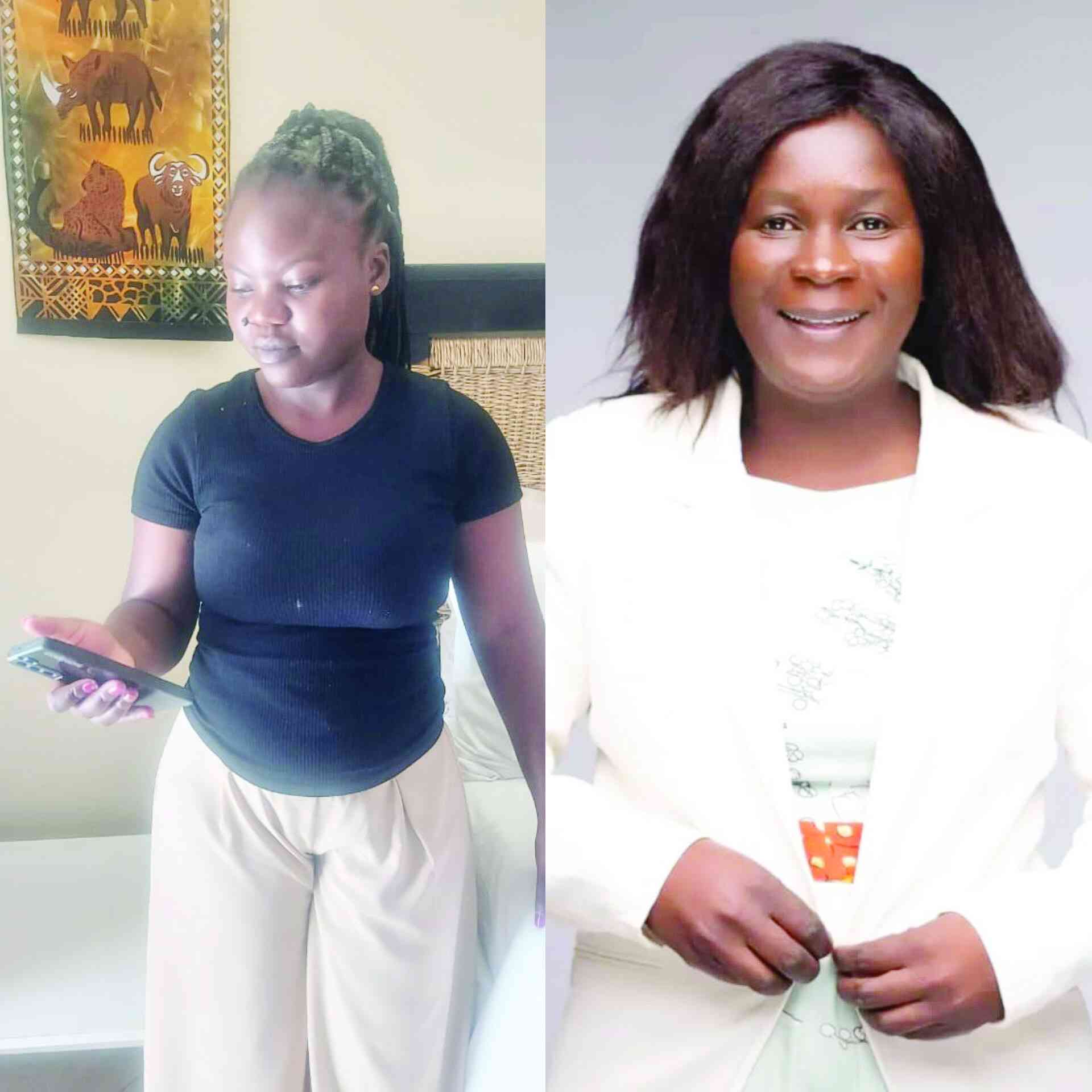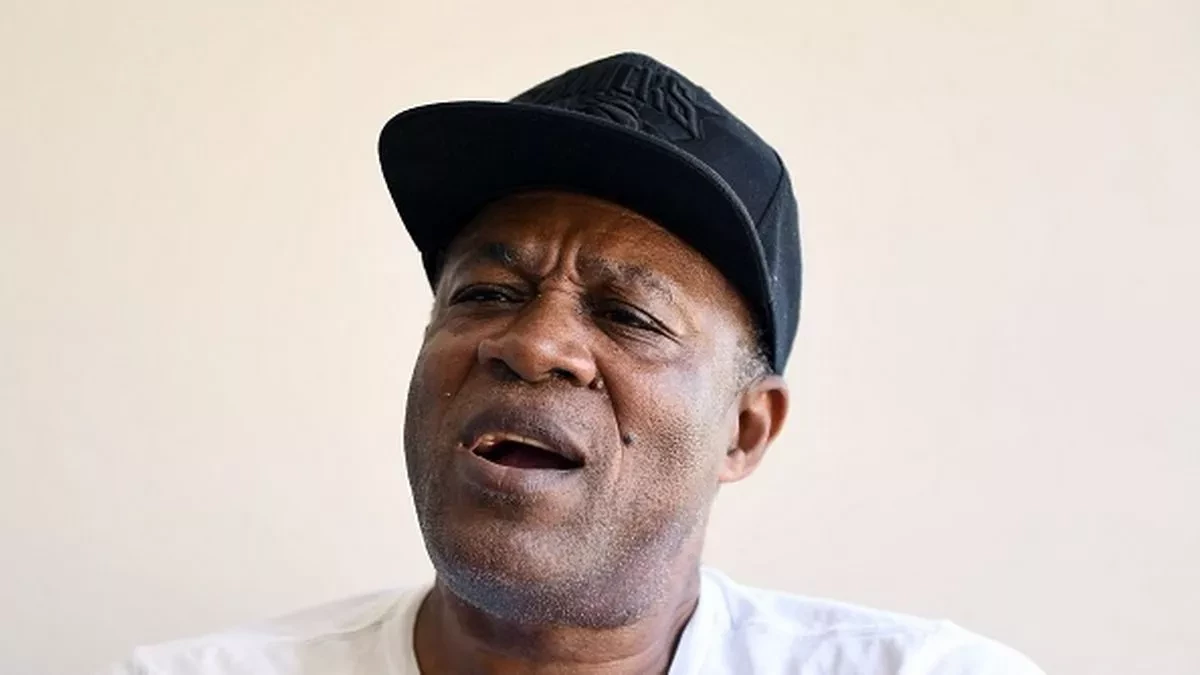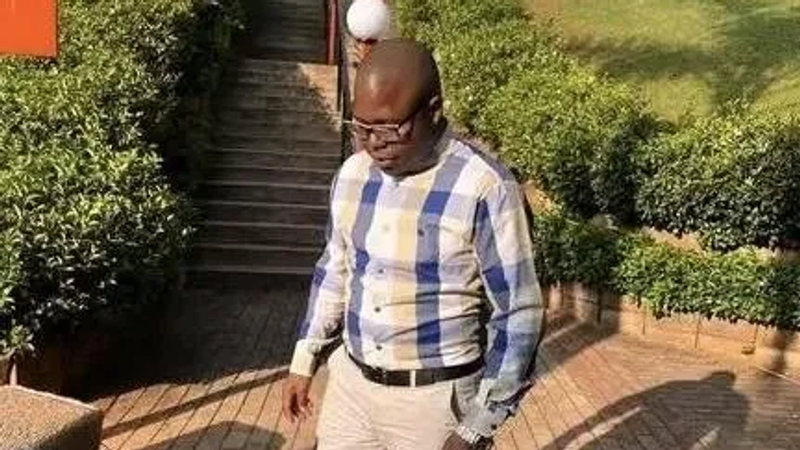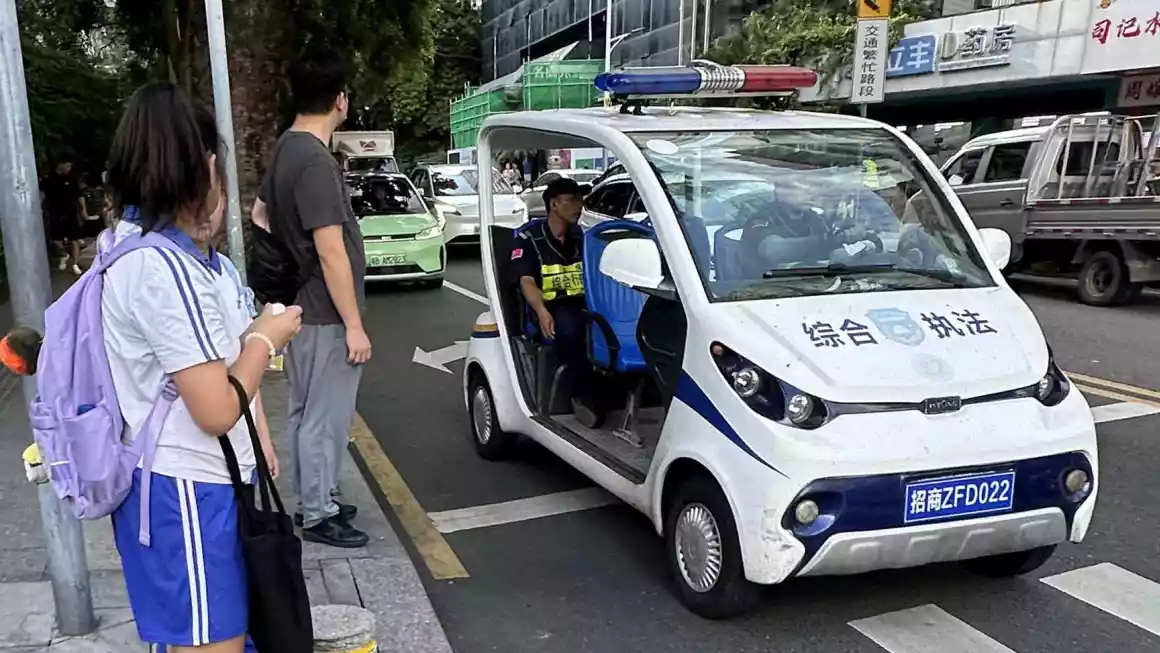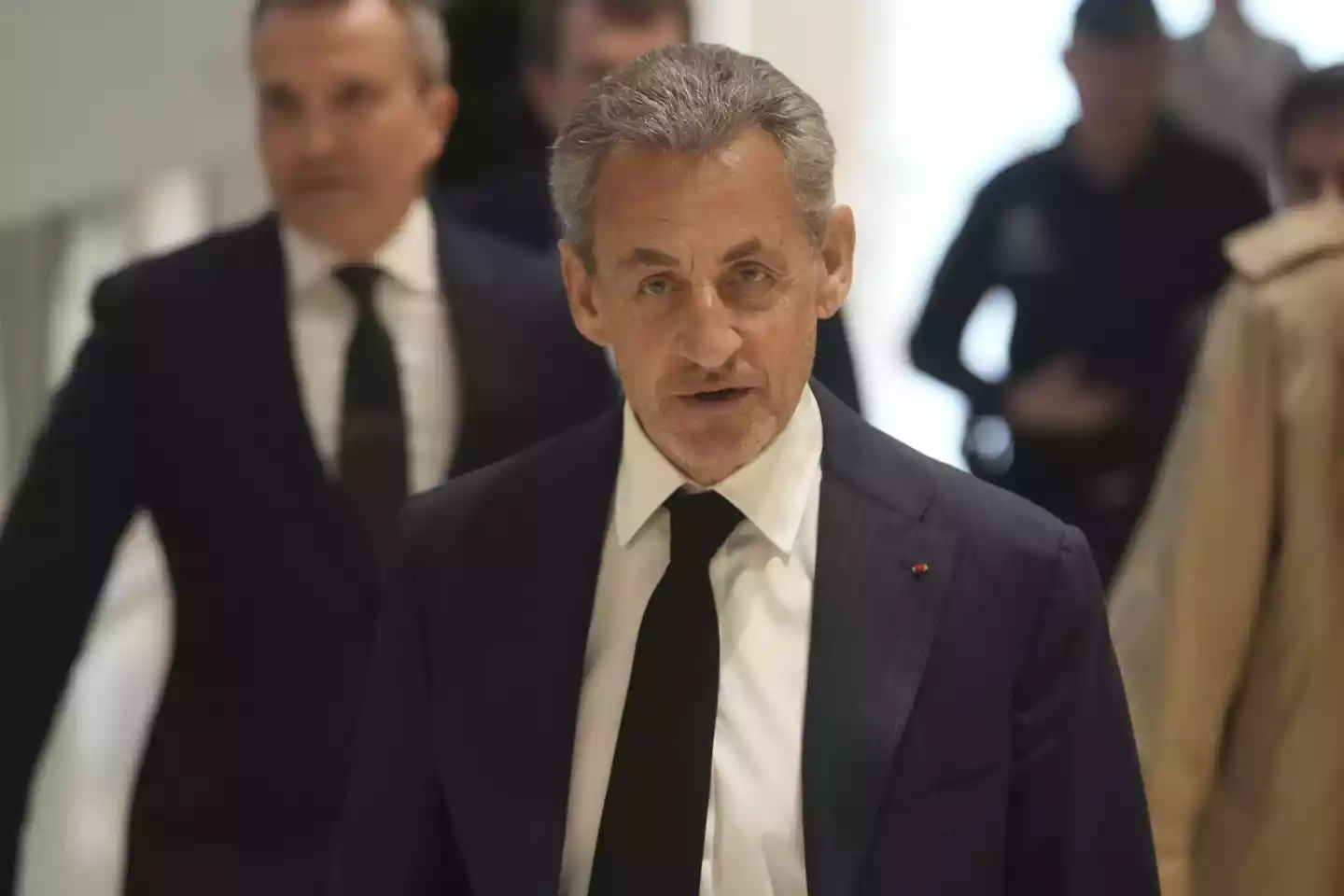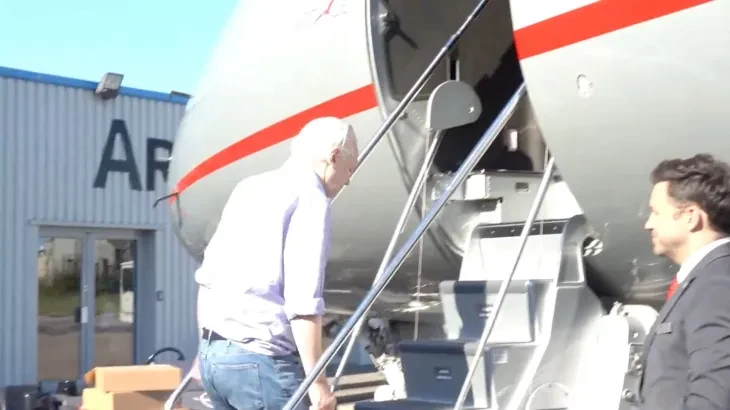
WikiLeaks founder Julian Assange has been freed from prison in the United Kingdom and is travelling home to Australia after he agreed to plead guilty to a single charge of breaching the espionage law in the United States.
Assange, 52, will plead guilty to one count of conspiracy to obtain and disclose classified US national defence documents, according to a filing in the US District Court for the Northern Mariana Islands.
He was freed from the UK’s high-security Belmarsh prison on Monday and taken to the airport, from where he flew out of the country. Assange will appear at a court in Saipan, a US Pacific territory, at 9am on Wednesday (23:00 GMT on Tuesday), where he will be sentenced to 62 months of the time already served.
“Julian Assange is free,” WikiLeaks said in a statement on X.
“He left Belmarsh maximum security prison on the morning of 24 June, after having spent 1901 days there. He was granted bail by the High Court in London and was released at Stanstead airport during the afternoon, where he boarded a plane and departed the UK.”
A video posted on X by WikiLeaks showed Assange dressed in a blue shirt and jeans signing a document before boarding a private jet.
He will return to Australia after the hearing, the WikiLeaks statement added, referring to the hearing in Saipan.
The plane carrying Assange landed in Bangkok on Tuesday to refuel before flying the WikiLeaks founder to the US territory.
- WikiLeaks founder Julian Assange can appeal US extradition, UK court rules
- ‘Julian Assange is free’, video shows WikiLeaks founder leaving UK
- World View: Assange: Free at last, but...
Keep Reading
“Julian is free!!!!”, his wife Stella wrote on X as she thanked supporters. “Words cannot express our immense gratitude to YOU – yes, YOU, who have all mobilised for years and years to make this come true.”
Assange rose to prominence with the launch of WikiLeaks in 2006, creating an online whistleblower platform for people to submit classified material such as documents and videos anonymously.
Footage of a US Apache helicopter attack in Baghdad, which killed a dozen people, including two journalists, raised the platform’s profile, while the 2010 release of hundreds of thousands of classified US documents on the wars in Afghanistan and Iraq, as well as a trove of diplomatic cables, cemented its reputation.
‘Holding the powerful accountable’
WikiLeaks published material about many countries, but it was the US, during the administration of former President Donald Trump, that decided to charge him in 2019 with 17 counts of breaching the Espionage Act.
US lawyers had argued he conspired with Chelsea Manning, a former army intelligence analyst, who spent seven years in prison for leaking material to WikiLeaks. She was freed when President Barack Obama commuted her sentence in 2017.
The charges led to outrage, with Assange’s supporters arguing that, as the publisher and editor-in-chief of WikiLeaks, he should not have faced charges usually used against government employees who steal or leak information.
Press freedom advocates, meanwhile, argued that criminally charging Assange was a threat to free speech.
“WikiLeaks published groundbreaking stories of government corruption and human rights abuses, holding the powerful accountable for their actions,” WikiLeaks said in its statement announcing the plea deal.
“As editor-in-chief, Julian paid severely for these principles, and for the people’s right to know. As he returns to Australia, we thank all who stood by us, fought for us, and remained utterly committed in the fight for his freedom.”
Assange was first arrested in London in 2010 on a Swedish warrant on sexual assault charges. Allowed bail pending the extradition case, Assange took refuge in Ecuador’s embassy in London in 2012 after a court ruled he could be sent to Sweden for trial.
He spent the next seven years in the tiny embassy – during which time Swedish police withdrew the rape charges – before the UK police arrested him on charges of breaching his bail conditions. Assange was being held in prison in the UK as the US extradition case went through the courts.
Monday’s plea deal comes as pressure mounted on US President Joe Biden to drop the long-running case against Assange.
In February, the government of Australia made an official request to this effect and Biden said he would consider it, raising hopes among Assange supporters that his ordeal might end. At the time, the Australian government said Assange’s case had “dragged on for too long”.
Australian Prime Minster Anthony Albanese said on Tuesday he wanted Assange back in Australia as soon as possible.
“Regardless of the views that people have about Mr Assange [and] his activities, the case has dragged on for too long,” Albanese said in parliament.
“There is nothing to be gained by his continued incarceration and we want him brought home to Australia.”
‘Power of quiet diplomacy’Meanwhile, Assange’s mother Christine, in a statement to Australian media, said she was grateful that her son’s “ordeal is finally coming to an end”.
“This shows the importance and power of quiet diplomacy,” she said in the statement carried by public broadcaster ABC and other media.
Jodie Ginsberg, chief executive of the Committee to Protect Journalists, told Al Jazeera she was “delighted” at the news of Assange’s expected release.
“If Julian had been extradited to the US and prosecuted under the Espionage Act … it would have had serious implications for journalists globally who seek information in the public interest, classified documents, and who then publish them in the public interest,” she said from New York.
“Remember, of course, that Julian is not a US citizen. He is an Australian citizen and if he had been brought to the US and had he been prosecuted, that could have meant that journalist anywhere seeking to publish information about human rights abuses, as WikiLeaks did, could have found themselves pursued and prosecuted as the US had done with Julian.”
She added that the plea deal was a way for the Biden administration to save face, amid the increased pressure to release Assange, especially from Australia.
“They [the Biden administration] have a guilty plea on a criminal charge, but only on one criminal charge, of course, and not the 18 that he was being prosecuted for and that could have seen him face 175 years in total in jail. And Julian has been released to his home country and will now be able to spend time with his family and with his loved ones.”
In Australia, legislators who fought for Assange’s freedom also welcomed news of his expected return.
Barnaby Joyce, a former deputy prime minister, told ABC that it was greatly encouraging to see Assange on a plane, but cautioned that the “finish line” was not yet reached.
The National Party legislator added that he was “pleased” that the outcome would set “an incredibly strong precedent” that Australians should not be charged by other countries for alleged crimes that are not committed on their soil.
“[Extraterritoriality] is a principle, and if you let it lapse for one then it lapses for all,” he was quoted as saying.
Australian Greens Senator David Shoebridge said he was looking forward to welcoming Assange back home.
“Let’s be clear, Julian Assange should never have been charged with espionage in the first place or had to make this deal,” Shoebridge said.
“[He] has spent years in jail for the crime of showing the world the horrors of the US war in Iraq and the complicity of governments like Australia and that is why he has been punished.”

